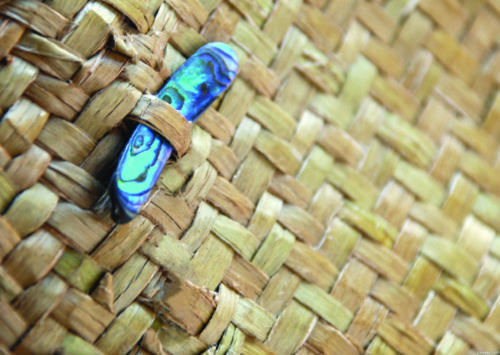The New Zealand College of Midwives’ Philosophy and Code of Ethics are the foundation for midwifery practice.
The following standards provide the benchmark for the midwife’s practice and appropriate usage of midwifery’s body of knowledge. They identify a series of actions that are essential to the development and maintenance of the midwifery partnership with women.
Turanga Kaupapa are a reference and source of support for midwives, wahine and whanau and were developed by Nga Maia in 2006 to enhance Nga Maia kaupapa and to provide cultural guidelines. Turanga Kaupapa are guidelines for cultural competence developed by Nga Maia o Aotearoa and formally adopted by both the Midwifery Council of New Zealand and the New Zealand College of Midwives.
These standards with accompanying criteria provide the framework for Midwifery Practice in New Zealand. These are listed below (excluding the accompanying criteria). The full version is published in the Midwives Handbook for Practice which can be purchased through the College shop.
